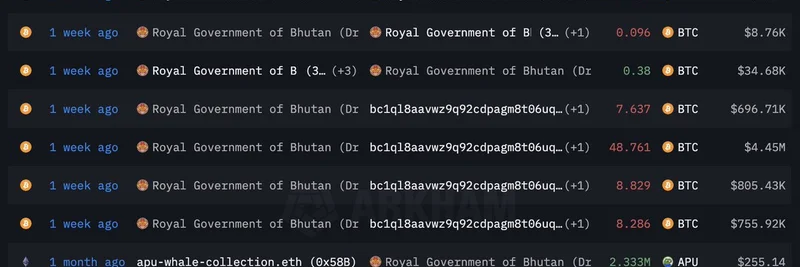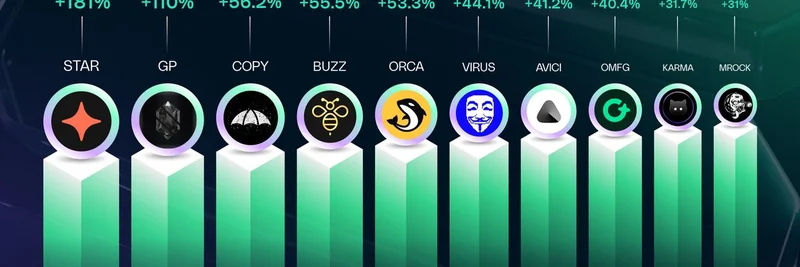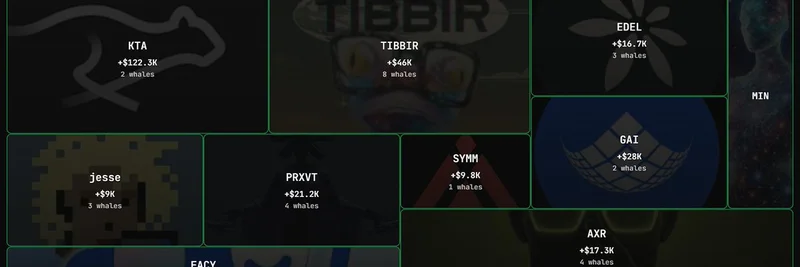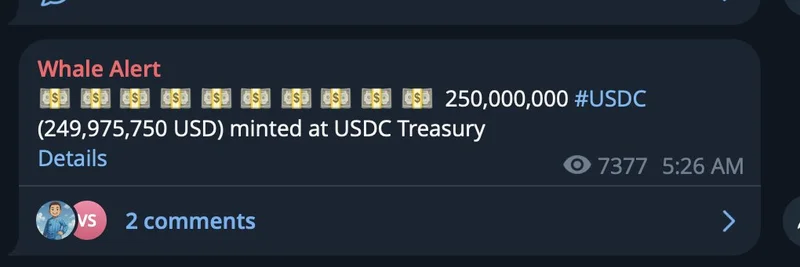The crypto world never sleeps, and neither do government entities dipping their toes—or in this case, diving headfirst—into blockchain assets. A recent tweet from on-chain analytics powerhouse Lookonchain has spotlighted the Royal Government of Bhutan's active involvement in the space, highlighting a mix of traditional crypto plays and some unexpected meme token inflows.
For those new to the scene, Bhutan isn't your typical crypto player. Through its investment arm, Druk Holding and Investments, the Himalayan kingdom has been quietly building a substantial portfolio, primarily in Bitcoin, thanks to hydroelectric-powered mining operations. But the latest data reveals a broader strategy that includes Ethereum staking and even meme coins like APU (Apu Apustaja) and KIBSHI (KiboShib).
As shown in the transfer log from Arkham Intelligence, the standout move was Bhutan staking 320 ETH, worth about $971,000, just a couple of hours before the tweet went live. Staking ETH means locking it up to help secure the Ethereum network and earn rewards—think of it as putting your money in a high-yield savings account, but with blockchain perks.
But what really caught our eye here at Meme Insider are the meme token inflows. About a month ago, Bhutan received 2.333 million APU tokens from an address labeled "apu-whale-collection.eth," valued at around $255. Another inflow came from "aimemecoin.eth," sending 20 million KIBSHI tokens worth $109. These aren't massive sums compared to their BTC hauls—Bhutan moved millions in Bitcoin in recent weeks—but they signal something intriguing: even sovereign entities are brushing up against the wild world of memes.
Why Meme Tokens for Bhutan?
Meme tokens like APU, inspired by the viral Pepe the Frog variant Apu Apustaja, and KIBSHI, a Shiba Inu-themed project, thrive on community hype and viral marketing rather than traditional utility. They're the fun, speculative side of crypto, often pumping on social media buzz. So, why would a government wallet be receiving them?
It's possible these are donations, airdrops, or even test transactions from community members or projects looking to gain visibility. Bhutan has been transparent about its crypto ambitions, aiming to leverage blockchain for economic growth in a sustainable way. Receiving meme tokens could be a byproduct of broader ecosystem engagement, or perhaps a strategic dip into high-risk, high-reward assets to diversify beyond BTC and ETH.
This isn't Bhutan's first rodeo with crypto diversity. The transfer history also shows inflows of other tokens, but the meme angle stands out in a landscape where governments usually stick to blue-chip assets. It raises questions: Is Bhutan exploring meme culture as part of its innovation push? Or is this just on-chain noise?
Broader Implications for Meme Token Enthusiasts
For meme token traders and holders, sightings like this add legitimacy and excitement. When a nation-state's wallet interacts with your favorite frog or dog coin, it can spark FOMO (fear of missing out) and drive prices up. APU and KIBSHI aren't top-tier memes like DOGE or PEPE, but any government link could put them on the radar.
That said, always DYOR (do your own research). Meme tokens are volatile, and these inflows don't necessarily mean endorsement. Bhutan's primary focus remains on sustainable mining and staking, with BTC holdings reportedly in the hundreds of millions.
What's Next for Bhutan in Crypto?
Keep an eye on Druk Holding via tools like Arkham for more updates. If meme inflows continue, it could signal a trend where even conservative players experiment with the fun side of blockchain. For now, this tweet serves as a reminder that crypto's reach extends to royal governments, blending serious finance with meme magic.
If you're into meme tokens, check out our knowledge base on Apu Apustaja and KiboShib for deeper dives. Stay tuned for more on-chain insights!




